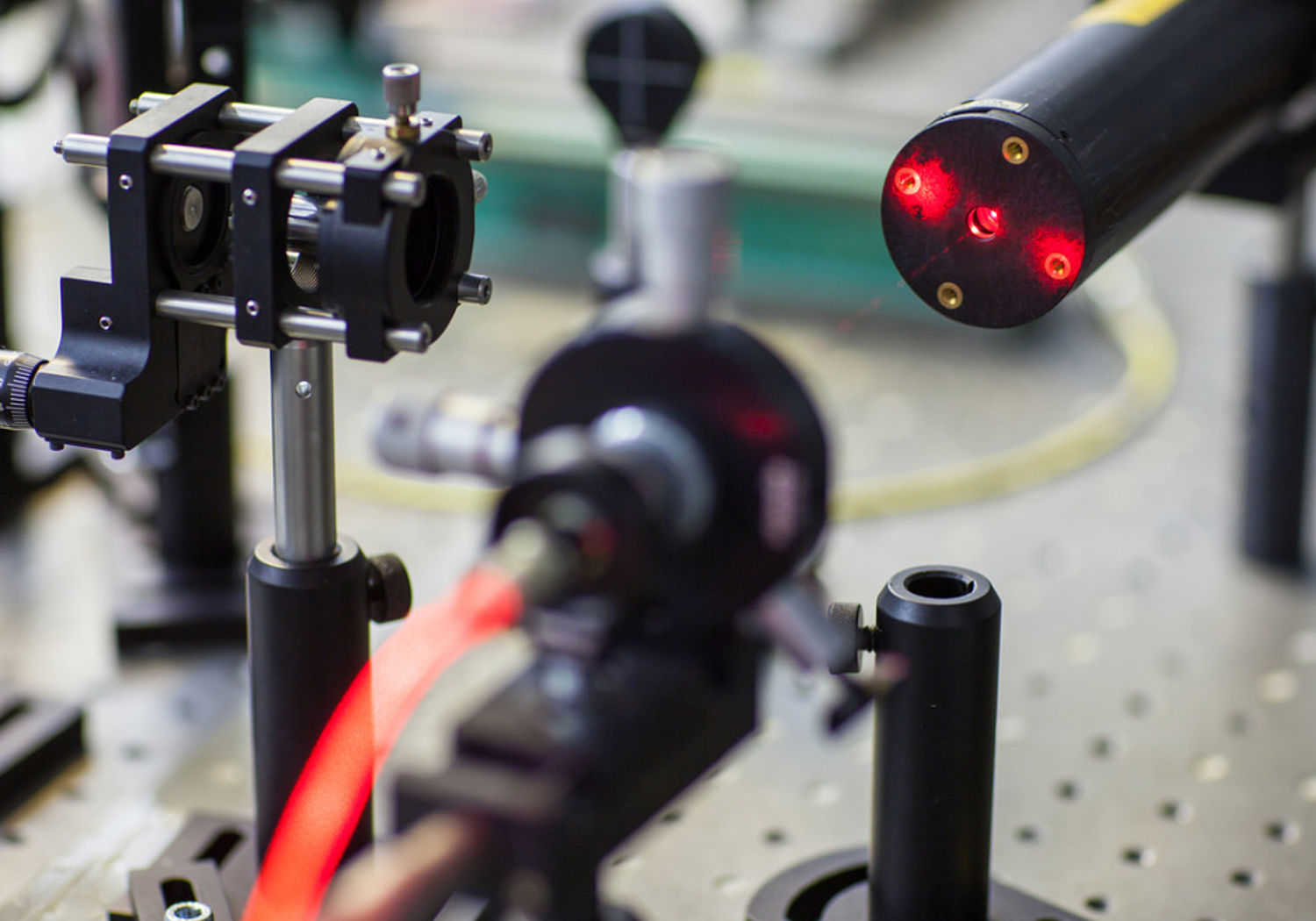Next generation ultrastable lasers: reducing thermal noise limit and overcoming technical limitations with new materials and technologies
Short Name: NEXTLASERS, Project Number: 20FUN08
Reducing frequency instabilities to unlock development of stable higher-resolution quantum technologies
The European Metrology Network for Quantum Technologies has targeted the development of ultra-stable lasers and low perturbation cryogenic systems as necessary steps towards realising practical quantum clocks, and related potentially disruptive technologies.
Stable laser frequency sources are fundamental to workable quantum devices, such as to produce photon pairs in quantum communications, known as frequency combs, that are optical devices that shape laser light spectra into discrete, equally spaced frequency lines, for use as reference frequencies.
However, in practice, the instability of even the most stable lasers limits the resolution of quantum devices, and despite an impressive pace of development this performance barrier may continue to slow development of quantum technologies for some time. Noise from vibrations or temperature fluctuations can be suppressed, but noise from thermal fluctuations, affecting distances between surfaces of laser cavities, remains an unaddressed cause of instability.
The project has laid the groundwork for developing quantum devices with frequency instabilities below 1×10-17 Hz. Novel methods have been used to optimise laser sources to reduce thermal noise and improve vibration isolation. Closed-cycle cooling for enabling cryogenic operation were investigated, as well as digital signal processes for optimising laser wavelength for stability.
IEEE Transactions on Instrumentation and Measurement
Physical Review A
Physics Letters B
Applied Physics Letters
Optics Express
Optica
Physical Review X
Metrologia
Communications Physics
Physical Review Applied
